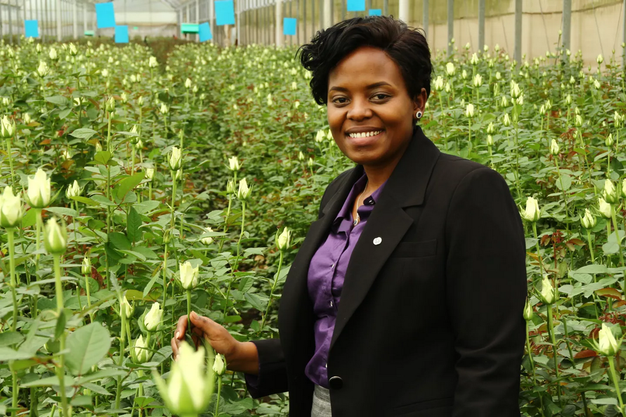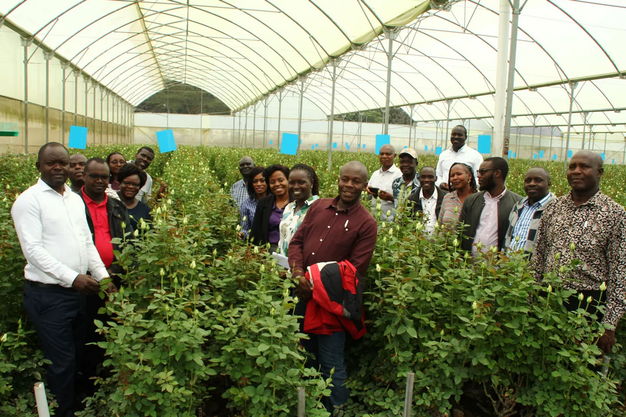A recent workshop in Naivasha, Kenya, highlighted the potential of cooperation by bringing together stakeholders to address export challenges, promote sustainable practices, and improve livelihoods in the horticulture sector.
The International Labour Organization (ILO) hopes to drive solutions for global development, with South-South and Triangular Cooperation (SSTC) playing a central role. By fostering solidarity, mutual benefit, and self-reliance among developing nations, SSTC addresses shared challenges, such as overcoming barriers to agricultural export markets.
This workshop was part of a broader SSTC project connecting Madagascar, Kenya, and France.
Practical learning and capacity development
The workshop introduced participants to the objectives of SSTC and its integration into the ILO's broader agenda for decent work. Discussions covered the importance of fundamental labor conventions and responsible business practices in fostering ethical and sustainable export systems.
A standout element was a field visit to Panda Flowers, providing hands-on exposure to the intricacies of the flower value chain. Participants observed the entire process—from planting and harvesting to storage, processing, and packaging for export. This real-world experience highlighted the critical role of quality control in ensuring competitiveness and customer loyalty in international markets.
The visit also emphasized the application of knowledge of occupational health and safety, social dialogue, and worker well-being. Participants examined issues like unionization, collective bargaining, and compliance with labor standards, which are "vital" for building a fair and sustainable horticulture sector.
 Photo credits: ILO
Photo credits: ILO
Lessons and insights from Madagascar
Participants at the workshop expressed a strong interest in learning from Madagascar's approach to export challenges. Key areas of focus included social dialogue, labor governance, and economic formalization. Understanding Madagascar's business environment, tax policies, and infrastructure—such as ports, roads, and electricity—was highlighted as particularly valuable.
This exchange of knowledge is expected to inspire improvements in Kenya's horticulture sector, particularly in enhancing worker protections and streamlining export processes to meet international standards.
Charting a collaborative future
The workshop laid the foundation for the next phase of the project, which includes hosting a delegation from Madagascar in December 2024. Planned activities include visits to key horticultural farms in Kenya, such as Panda Flowers and exporters of avocados and green peas. Naivasha, as a hub for horticultural farming, was proposed as an ideal venue for these exchanges.
Participants were also oriented on the ILO's Tripartite Declaration of Principles concerning Multinational Enterprises and Social Policy and its fundamental conventions. "These sessions underscored the importance of embedding decent work principles into Kenya's export strategies. Collaboration between key stakeholders—spanning labour, agriculture, and county governance—will be instrumental in ensuring the project's success and enhancing Kenya's standing in global markets."
 Photo credits: ILO
Photo credits: ILO
Strengthening partnerships for inclusive growth
"The Naivasha workshop underscored the power of SSTC in fostering partnerships that transcend borders. By leveraging Madagascar's experiences, addressing shared barriers, and building on Kenya's strengths, the initiative aims to transform the horticulture sector into a model of sustainable and inclusive development.
As the project advances, the focus on ethical practices, improved worker well-being, and compliance with rigorous export standards will not only strengthen Kenya's competitiveness but also contribute to the broader goals of Agenda 2030. This collaboration is a testament to the transformative potential of partnerships in building a resilient and equitable future for developing nations."
